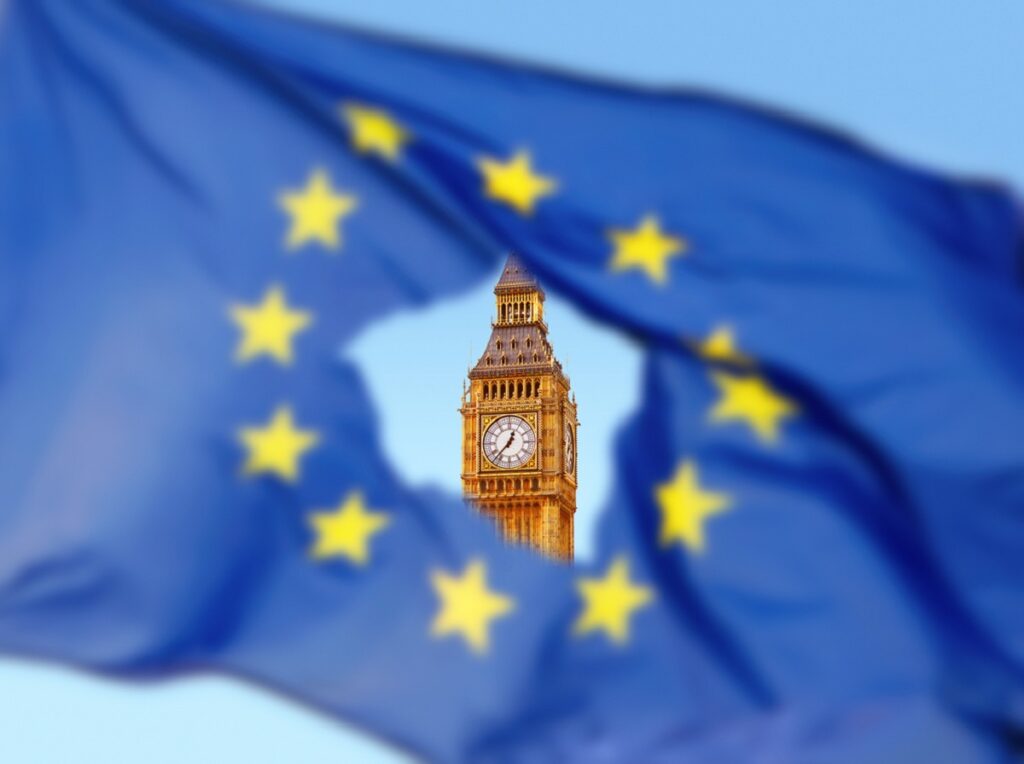2016 was a year of divisive politics. In the UK, factions formed around the ‘Leave’ and ‘Remain’ camps.
In the US, the battle lines were drawn between supporters of Trump and those of Clinton.
In both cases, the rhetoric was vicious and saw a rise in hate-related incidents. It was easy to point fingers and tut from the side-lines without stopping to reflect on our own thoughts and behaviours.
But I suspect many of us are guilty of some degree of prejudice towards those whose opinions differed from our own.
2016 is now over so what can each of us resolve to do to make 2017 a year of greater harmony and connectedness? How can we purge our own thoughts and behaviours of the kinds of prejudice that we so condemned in others?
Here are three suggestions for a mental detox to help kick off 2017 in a more positive way.
Practice your listening skills over a divisive issue
Think of an issue about which you feel strongly. Brexit or the US presidential election would be a good option.
Seek out someone you know who holds the opposite view from you. Invite them for a coffee and ask them to explain in detail what they think and why. Listen to them with the sole aim of understanding their point of view.
Try not to judge what they say as right or wrong.
If it helps, imagine you are an actor researching this person as a character you are going to play on stage.
You can ask questions to clarify what they are saying, but only to get clearer about what they think or feel, not to change their mind or show disapproval. Continue for a minimum of ten minutes, preferably more. Then repeat back to them what you have heard, asking them to point out any errors in your understanding.
Once you reach the point where they are satisfied that you have heard their point of view, the exercise is complete.
This form of listening is standard practice in a workplace mediation.
The mediator’s job is to help all parties in conflict to express their opinions to one another to build mutual understanding that can help them find their own way forward. Of course, even mediators, when off-duty, are entitled to hold strong views and express them.
But if we could practise the type of non-judgemental listening described above for a little longer than we usually do, before expressing our own opinion or challenging those of others, what difference might it make to our relationships at home and at work?
Work out what assumptions and biases you have
The next exercise involves turning the spotlight on ourselves. The aim is to uncover the divisive assumptions and prejudices that we hold unconsciously. To many of my grandparents’ generation, the idea of homosexuality was shocking. Most people I know today do not bat an eyelid.
History is a constant process of exposing past prejudice. So, what are the assumptions that we hold today that our grandchildren will consider unacceptable? For this, you might like to recruit the help of the younger generation. They can see better than us what we ourselves are too blind to see.
Ask them how they think their lives will be different from ours, for instance with regards to careers, personal relationships or family structure.
This exercise can help to uncover the subtle ways in which we reinforce the ‘us and them’ mentality. “Isms” such as racism and sexism are prejudices that have already been identified. Can we help to identify the next generation of isms that lie around the corner?
Get to know someone outside of your comfort zone
Here is a third challenge for 2017: get to know someone you would not normally associate with.
It could be someone of a different age group, religious leaning or professional background. Notice the ways in which they are similar and different from you. Notice whether being with them makes you want to emphasise the similarities or the differences between you.
Notice what they say or do that annoys you and ask yourself why. Remember this is an observation exercise. It is not about judging, but about expanding awareness.
Niall Ferguson, the Harvard Historian who, in December 2016, made a surprising u-turn by saying he should have backed Brexit, said: “My mistake was uncritically defending Cameron and Osborne instead of listening to people in pubs.”
Inevitably, by exposing ourselves to other world views, it will cause us to reflect anew on our own.
We may become more convinced of our opinions, or we may revise our thinking to some extent. Either way, the awareness of a wider range of opinions can help us to hold our opinions lightly, in the knowledge that different life experiences shape our understanding of the world.
This greater awareness can allow us to listen to opinions different from our own without succumbing to the kneejerk reaction of attacking or vilifying.
2016 was a year of highly polarised opinions, in which people on both sides of the debates – such as Brexit or Trump – often stopped listening to each other because the views of the other side were so abhorrent to them.
Through exercises like these, where we listen and thereby try to understand each other’s perspectives, we can gain greater awareness of our own contribution to the divisiveness of our world.
And we can hope that this awareness translates into change that can make our world a more connected and harmonious place in 2017.





